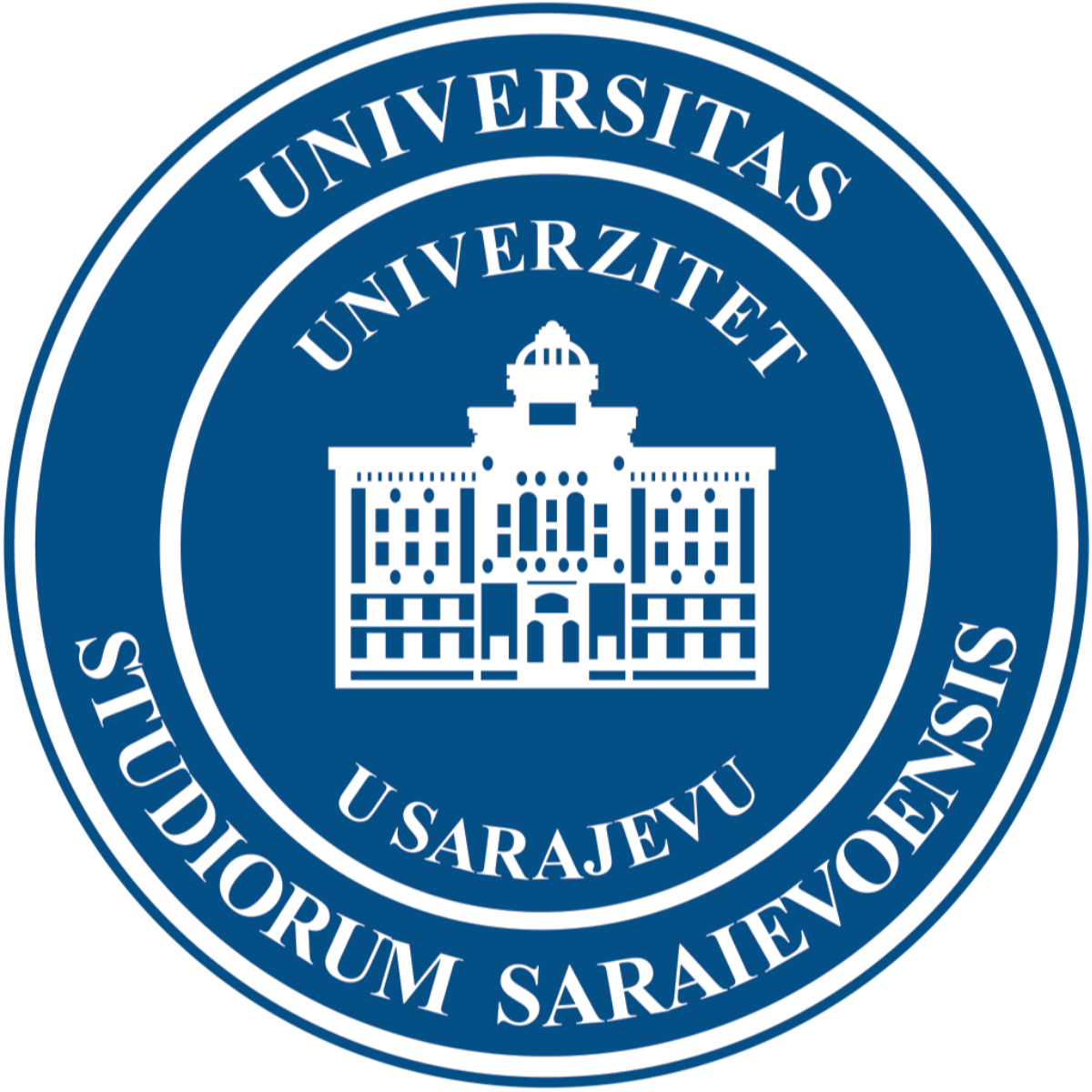Bachelor of Science in Electrical Engineering
Student enrollment and admission
Automation and electronics
Study plan and program
Electric power
Study plan and program
Computing and informatics
Study plan and program from 2014/2015
Study plan and program until 2014/2015
Telecommunications
Study plan and program
Data Science and Artificial Intelligence (DSAI)
Title of the title obtained upon completion of studies: Master - Electrical Engineer, Department of Telecommunications
Main field of study: Telecommunications
Study cycle: Second cycle of studies (Master)
Minimum number of acquired ECTS: 120
Official duration of the study program: Four semesters / Two years
Enrollment requirements: Completed the first cycle of studies lasting at least 180 ECTS, entrance exam in selected areas of telecommunications and mathematics
Mode of study: Full-time
Official working language: Bosnian / Croatian / Serbian
Educational goals:
Master of Electrical Engineering - Bachelor of Electrical Engineering, Department of Telecommunications:
has advanced knowledge in the field of signal processing, telecommunication systems, multimedia systems and computer networks with a focus on application in solving complex problems in the field of telecommunications has a broad education in the field of telecommunications with insight into current issues of telecommunications, which enables him to develop and design complex systems has the skills necessary to work as a telecommunications engineer in the analysis, design and implementation of hardware and software for telecommunications systems for various purposes possesses knowledge, skills and competencies that enable continuing education and lifelong learning has appropriate communication skills, is ready to work in teams with people from the same or other fields, and has a responsibility to the profession and society as a whole
Learning outcomes:
Upon completion of the second cycle of studies, the student has the following knowledge, skills and competencies:
knowledge and understanding of modern topics in the field of telecommunications, which allow him to compare different approaches, choose solutions and decide on the design and implementation of complex systems ability to formulate requirements in the design of complex systems, development of its components and wholes, planning development phases and organizing the system development process ability to analyze, identify and define the requirements of relevant problems in the field of telecommunications ability to design and implement complex telecommunication processes and components, including programming of necessary solutions knowledge of the following areas of telecommunications: signal processing, simulation of telecommunications processes, optical telecommunications systems, packet hub architecture, access wireless networks, mobile communications, cryptography and security, service quality assurance, image and video compression, multimedia systems, telecommunications network management, new networks generation ability to select and apply appropriate engineering principles and mathematical and computer methods to problems in the field of telecommunications ability to identify, analyze and express problems in telecommunications that they did not encounter during schooling by applying the acquired engineering and broad specialist knowledge in telecommunications with the help of appropriate literature that they are able to find ability to analyze, design and implement telecommunication systems and their parts using appropriate methods and techniques taking into account scientific, technical, social, environmental and economic conditions and standards knowledge of the use of telecommunications in practice, knowledge of standards and understanding of the impact that telecommunications systems, their operation and maintenance of activities have on the environment and understanding of the need for sustainable development understanding the need and achieving constant monitoring of the development of telecommunications and learning new principles, techniques and technologies in all the above mentioned areas of telecommunications ability to work in various professional fields thanks to the acquired general, specialist and methodological competencies ability to communicate with colleagues and the public on issues and problems related to all areas of telecommunications ability of individual and team work, organizing and implementing projects preparedness for industry or academy requirements when hired after graduation.
Study plan and program:
Click here to view and download the plan and program.
